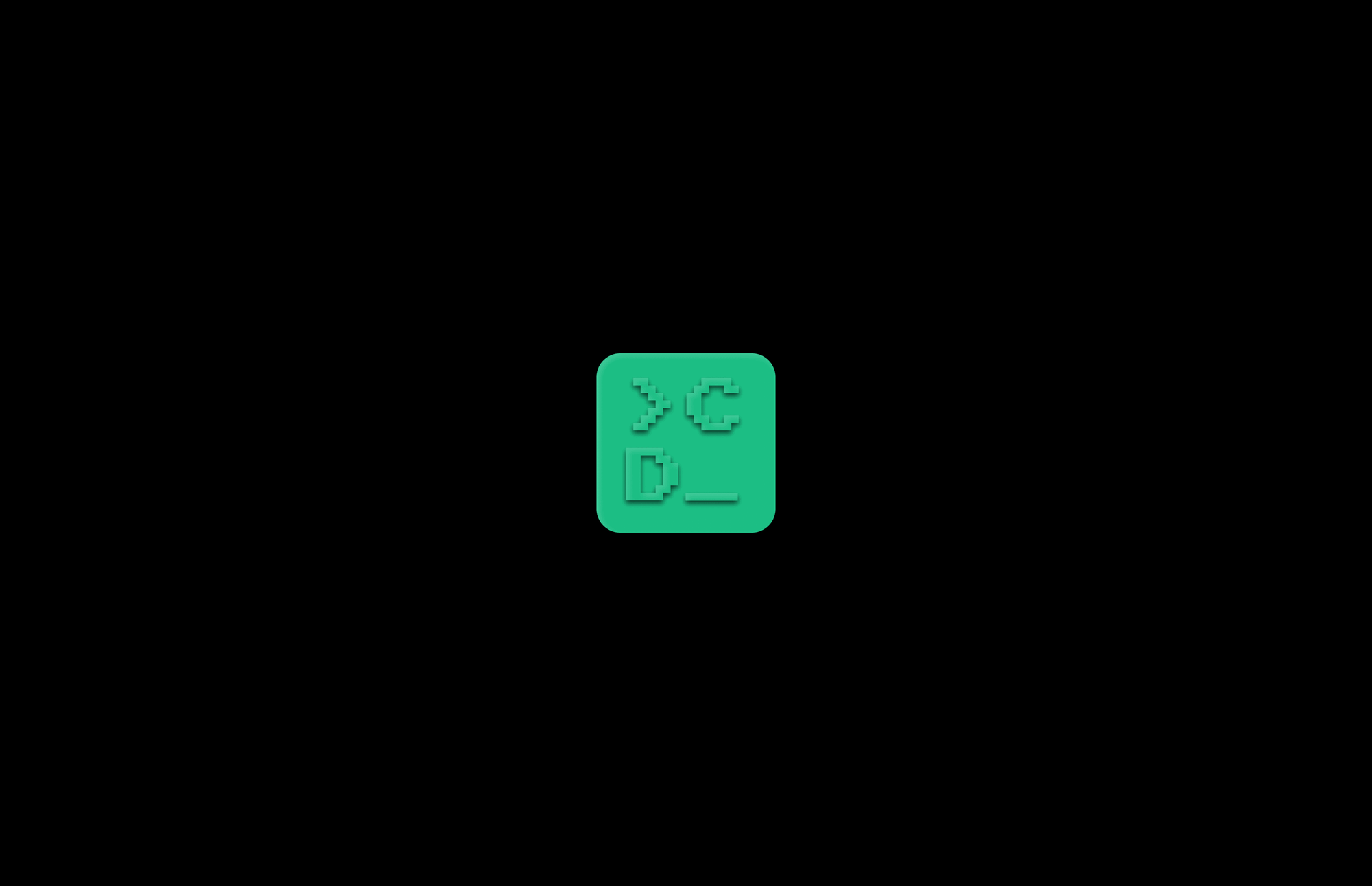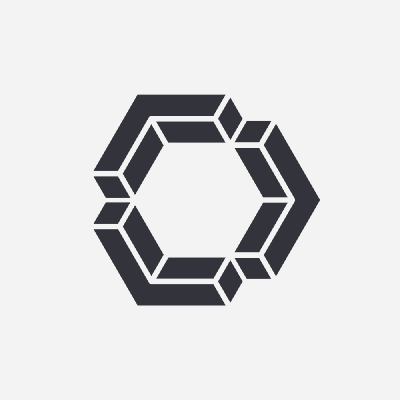We are on a mission to make building software feel like making music

We believe that large language models (LLMs) present a new opportunity to make building software feel like making music. Developers excel when their work feels like strumming a guitar at a campfire, singing along to the radio, or experimenting with beats in GarageBand—not when it’s a slog through a swamp of code, docs, and forums. This is why we are creating an open-source toolkit for working with LLMs while coding, which allows anyone to slip into a flow state, to experience the lightness of never getting stuck, to continue.
We are excited to announce that we’ve raised funding to deliver on this mission. This first funding at the end of YC S23 was led by Jesse Robbins at Heavybit with participation from a number of angel investors, including Julien Chaumond (co-founder of Hugging Face), Lisha Li (founder of Rosebud AI), and Florian Leibert (co-founder of Mesosphere). From bringing ML to production dialogue management at Rasa to shipping mission control software at NASA, the two of us are excited to bring everything we have learned to the problem of building software with the help of LLMs.
While many developers have begun to replace Stack Overflow and Google with ChatGPT, the experience is painful due to the amount of copying, pasting, and editing required to provide context and insert the suggestions into your codebase. Continue eliminates this pain by natively integrating LLMs with the IDE, leveraging context from across the software development lifecycle, and collecting development data to improve suggestions.
It's clear that LLMs are already causing a shift in how we build software. Developers are able to move forward faster, experience less friction, and raise their ambitions. And while the interface between developers and LLMs is still in its early days, we strongly believe it will ultimately be public infrastructure. Much like Docker, Linux, and Git, it will be critical for everyone.
This means we need to allow deep customization, so that developers can easily incorporate LLMs into their existing workflows. It means we need to embrace the dramatically increasing diversity of both open-source and commercial language models, so that any can be used with zero extra effort. And it means we need to build as a community, so that anyone can participate in the creation of Continue.
Already standing alongside us is the beginning of this community, to which we are extraordinarily grateful. Since our launch three months ago, it has grown to 5k+ stars on GitHub, 750+ members on Discord, and 30k+ downloads on the VS Code Marketplace.
And standing ahead of us are exciting challenges. How do we efficiently build, store, and update codebase indexes at scale? How do we accurately retrieve relevant context? How do we turn subtle intentions into reliable refactors? How do we enable teams to continuously train custom models based on their development data? How do we build practical yet forward-looking abstractions as new model capabilities emerge?
To tackle these challenges and build out Continue for teams, we are hiring a small team of outstanding software engineers—if you want to create public infrastructure and make building software feel like making music, join us.


